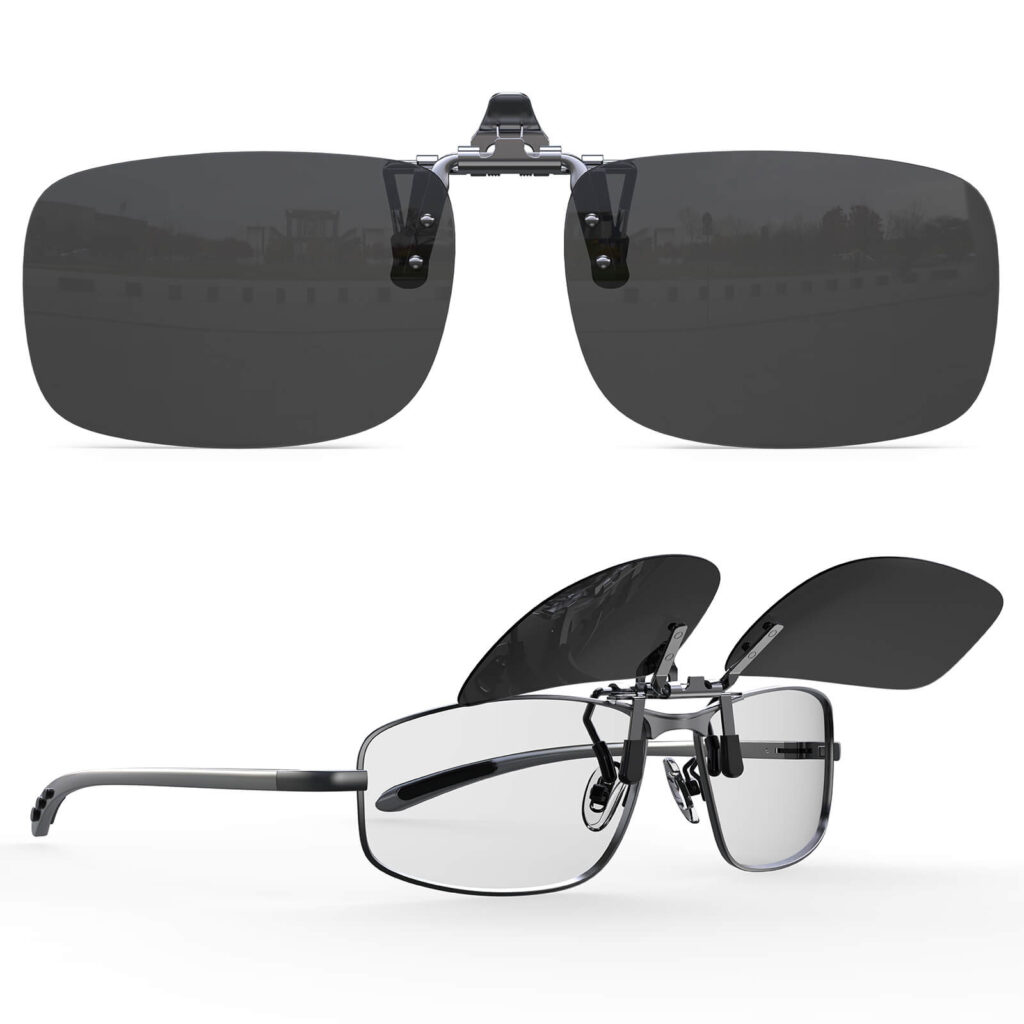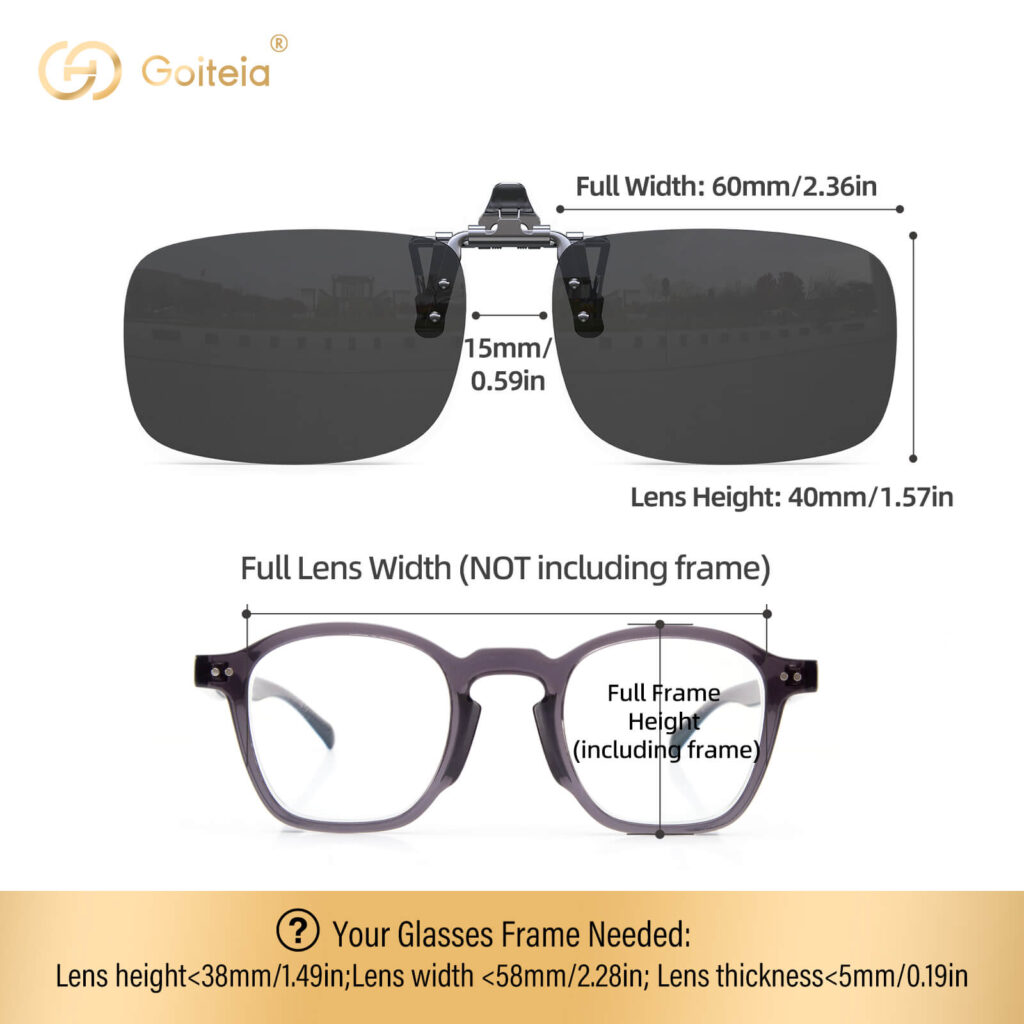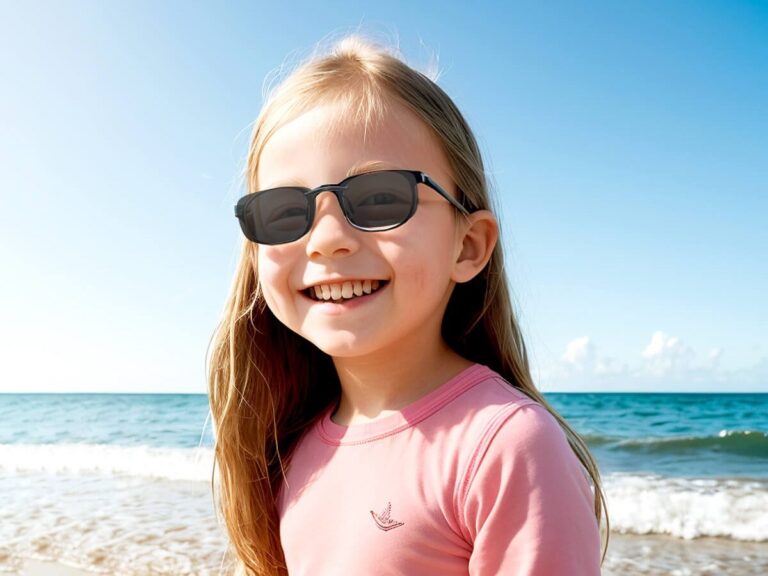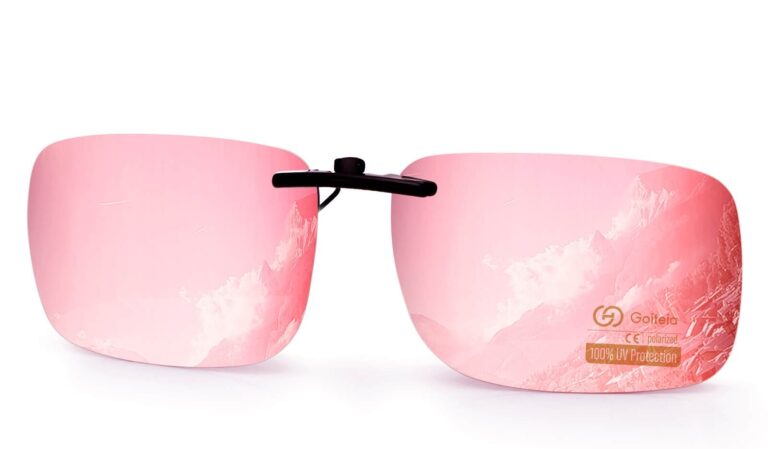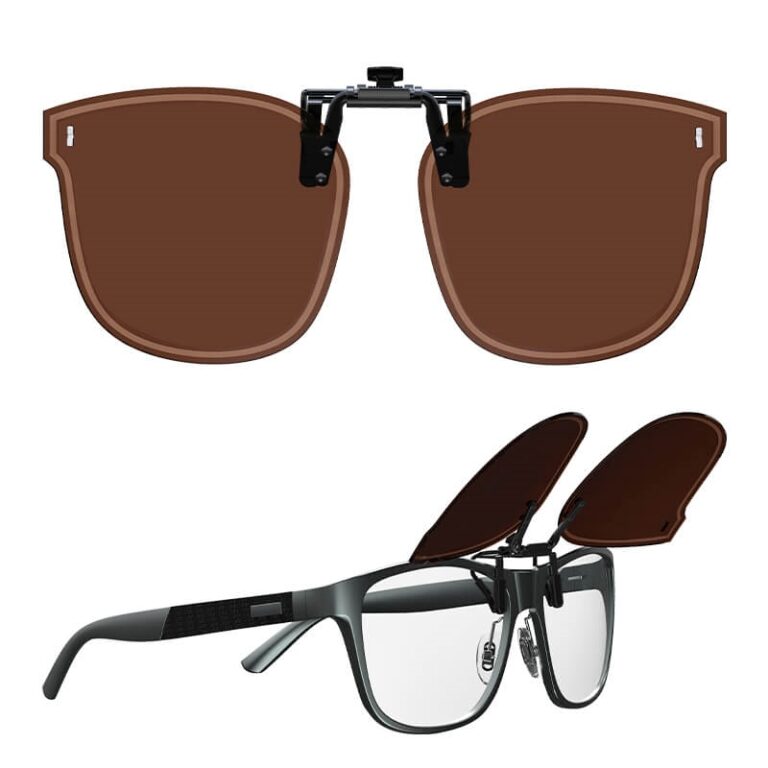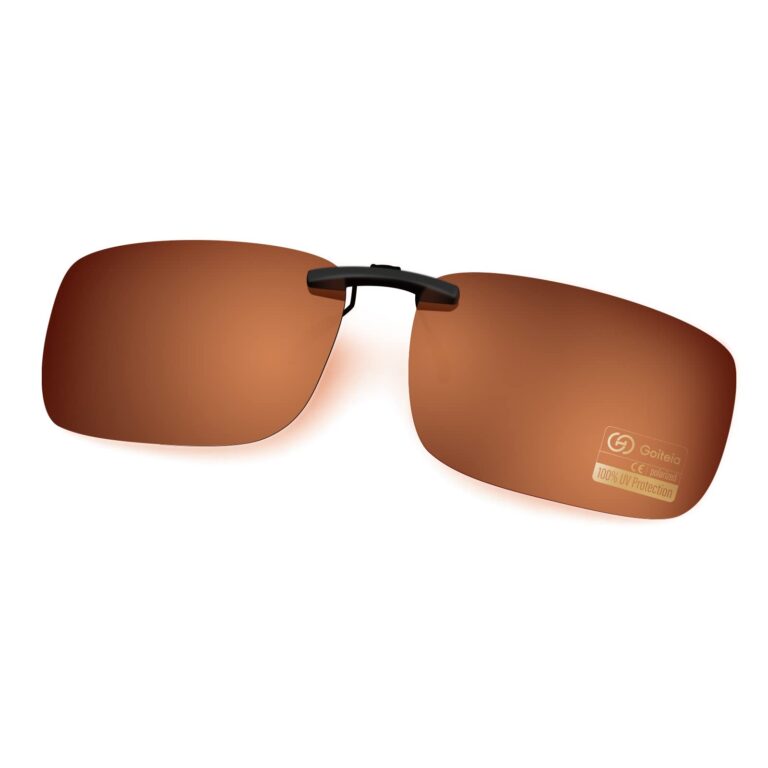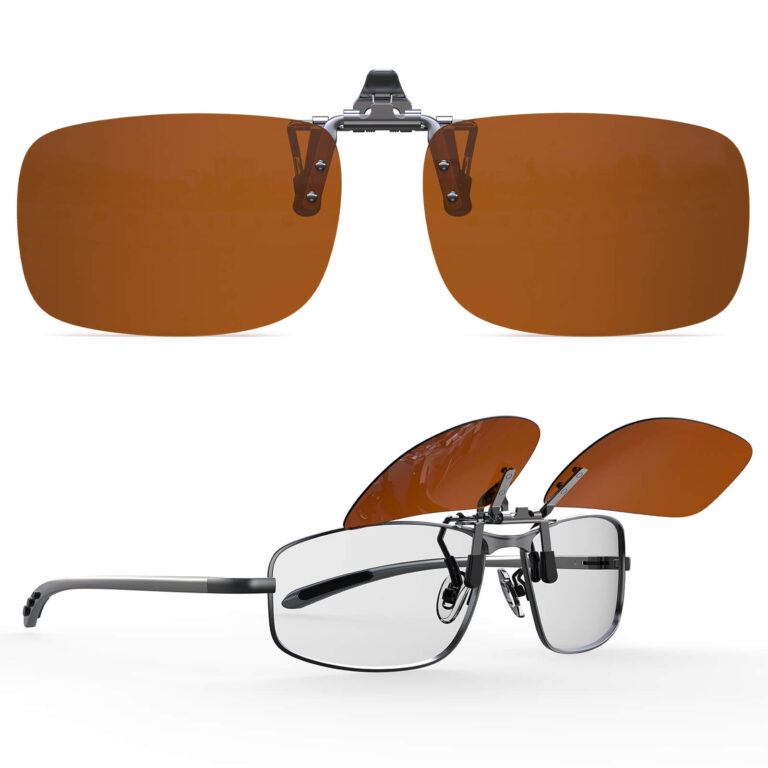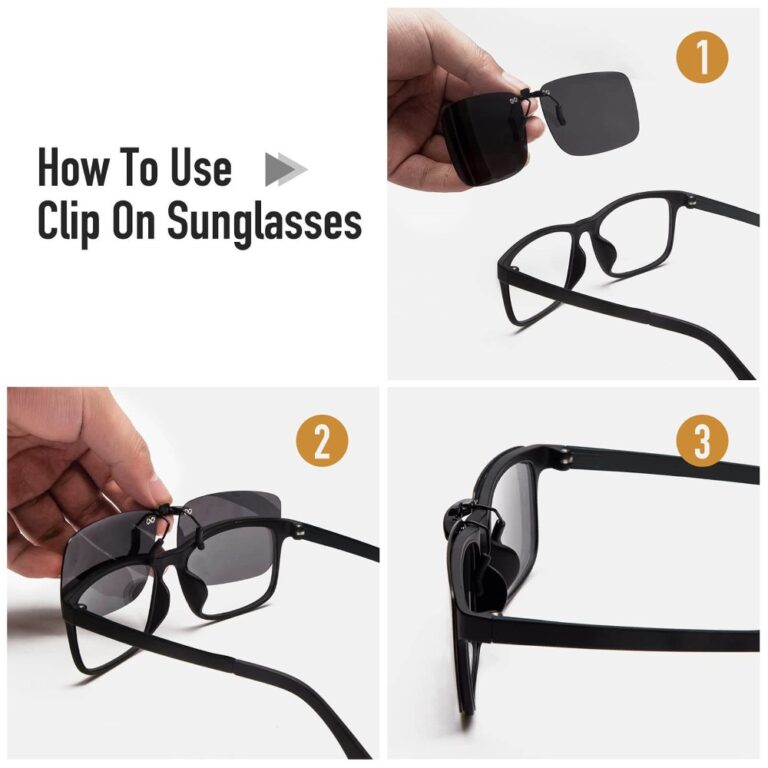Free UK/DE/FR/IT/ES/US Shipping, Other Countries (Free on Orders Over £50) SHOP NOW
Recently, an interesting post popped up on social media. The poster used a UV flashlight to test her cheap sunglasses and blue light glasses, and found out they actually do block UV. A lot of people were surprised because they assumed cheap sunglasses and blue light blocking glasses were all hype. Many were saying, “I didn’t think they were that effective!” Interestingly, many blue light blocking glasses also act as UV light protection glasses, offering an extra layer of defense that people often overlook. Actually, many people are confused about UV glasses, and this will help you know more about it.
What Are UV Light Protection Glasses?
UV light protection glasses are specially designed eyewear that blocks or filters out harmful ultraviolet (UV) rays from the sun. UV rays include UV-A, UV-B, and UV-C, all of which can cause significant damage to your eyes over time. Exposure to these rays can lead to conditions like cataracts, macular degeneration, and even skin cancer on the delicate skin around your eyes. UV light protection glasses offer a simple yet effective way to safeguard your long-term eye health, making them an essential accessory for anyone who spends time outdoors.

The Science Behind UV Light Protection
The effectiveness of UV light protection glasses lies in their lenses. These lenses either absorb or reflect UV rays, preventing them from reaching your eyes. Here’s how different lens materials and coatings work:
Polycarbonate Lenses
Polycarbonate is a lightweight, impact-resistant material that naturally blocks 100% of UV rays. This makes it an excellent choice for outdoor activities, especially for sports enthusiasts and children who need durable protection.
CR-39 Lenses
These lenses are made from a lightweight plastic polymer that is highly resistant to impact. They can block about 80-90% of UV rays, and when coated with a UV-protective layer, they offer full protection.
Glass Lenses
While not as common as plastic options, glass lenses provide excellent optical clarity and can be treated with a UV-protective coating. However, they are heavier and more prone to shattering than plastic alternatives.
UV Coatings
Some lenses are coated with a UV-blocking material, enhancing their ability to protect your eyes. This coating is usually clear, so it doesn’t alter your vision or the appearance of the lenses.
Polarized Lenses
While polarization is primarily designed to reduce glare, polarized lenses can also offer UV protection if they include a UV-blocking coating. It’s important to note that not all polarized lenses automatically provide UV protection.
When you wear UV light protection glasses, they act as a barrier between your eyes and the sun’s harmful rays, much like sunscreen protects your skin. This barrier helps prevent short-term issues like photokeratitis (a sunburn of the eye) and long-term damage that can lead to serious eye diseases.

Key Benefits of UV Light Protection Glasses
Investing in UV protection glasses offers several compelling benefits:
Prevention of Eye Diseases
Long-term exposure to UV rays can lead to serious eye conditions such as cataracts, macular degeneration, and pterygium (a growth on the surface of the eye). A research shows that “There are at least five serious eye diseases that are known to be caused in part by exposure to UV or High Energy Visible(HEV) radiation; cataract, pterygium, keratitis, eyelid and ocular cancers and macular degeneration cancers and macular degeneration.”
By wearing UV protection glasses, you can significantly reduce your risk of developing these conditions, ensuring better eye health as you age.
Reduction of Eye Strain
Whether you’re outdoors in bright sunlight or indoors in front of a screen, eye strain is a common issue. UV protection glasses, including computer glasses for men and women, can help reduce glare and improve comfort during extended periods of screen time. This is particularly important for those who work in environments with high light exposure, such as construction workers, drivers, or even office workers who spend hours in front of a computer.
Protection Against Photokeratitis
Photokeratitis is a painful condition caused by intense UV exposure, often described as a sunburn of the eye. This can happen during activities like skiing or spending time on the water, where UV rays reflect off surfaces and intensify their effects. UV protection glasses can prevent this by blocking out harmful rays and reducing the risk of this painful condition.
Enhanced Visual Comfort
Have you ever been blinded by glare while driving or spending time outside? Tinted glasses with UV protection can reduce glare, making your visual experience more comfortable and clear. This is especially useful for activities like driving, skiing, or fishing, where bright sunlight and reflective surfaces can cause significant discomfort and even danger.
Protection for the Delicate Skin Around the Eyes
UV rays don’t just harm your eyes; they can also damage the delicate skin around them, leading to premature aging and an increased risk of skin cancer. UV protection glasses with larger frames or wrap-around designs offer additional protection for this sensitive area, helping to keep your skin youthful and healthy.

Key Selection Criteria for UV Light Protection Glasses
Choosing the right UV light protection glasses can seem overwhelming, but focusing on a few key factors can make the process easier. Here’s a straightforward guide to help you select the best glasses for your needs:
UV Protection Level
What to Look For: Ensure the glasses are labeled with “UV400” or “100% UV Protection.” This means they block 100% of UVA and UVB rays, which is crucial for protecting your eyes from harmful UV radiation. How to Check: Most reputable brands will clearly state their UV protection level on the label or product description. If you’re unsure, ask the seller or check the manufacturer’s website for detailed information.
Lens Quality
Scratch Resistance: Choose lenses that are scratch-resistant to maintain their effectiveness and clarity. Scratched lenses can reduce UV protection and make your vision less clear. Lens Material: Common materials include polycarbonate, which is lightweight and impact-resistant, and glass, which offers excellent optical clarity but is heavier. For everyday use, polycarbonate lenses are a practical choice. How to Verify: Test the lens by gently rubbing it with a clean cloth. Check for any visible scratches. Also, read the product details to know what material the lenses are made from.
Frame Fit and Comfort
Proper Fit: The glasses should fit comfortably on your face without slipping or pinching. This ensures they stay in place and provide consistent UV protection. Adjustable Features: Look for glasses with adjustable nose pads and temple arms. These features allow you to customize the fit for better comfort. How to Test: When trying on glasses, ensure they sit comfortably on your nose and ears without causing pressure. Adjust the nose pads and temple arms if they are adjustable. If you want to pick clips, make sure they fit your glasses properly.
Lens Tints and Coatings
Lens Tints: The color of the lenses affects how well you see in different lighting. Gray or green tints are good for reducing overall brightness, while yellow or amber tints can enhance contrast in low light.
Anti-Reflective Coatings: These coatings reduce glare from surfaces like water or roads, improving clarity. They are especially useful if you drive or engage in outdoor activities.
How to Choose: Select a tint based on your primary use. If you drive frequently, anti-reflective coatings can be beneficial. Check the product description for available tints and coatings.
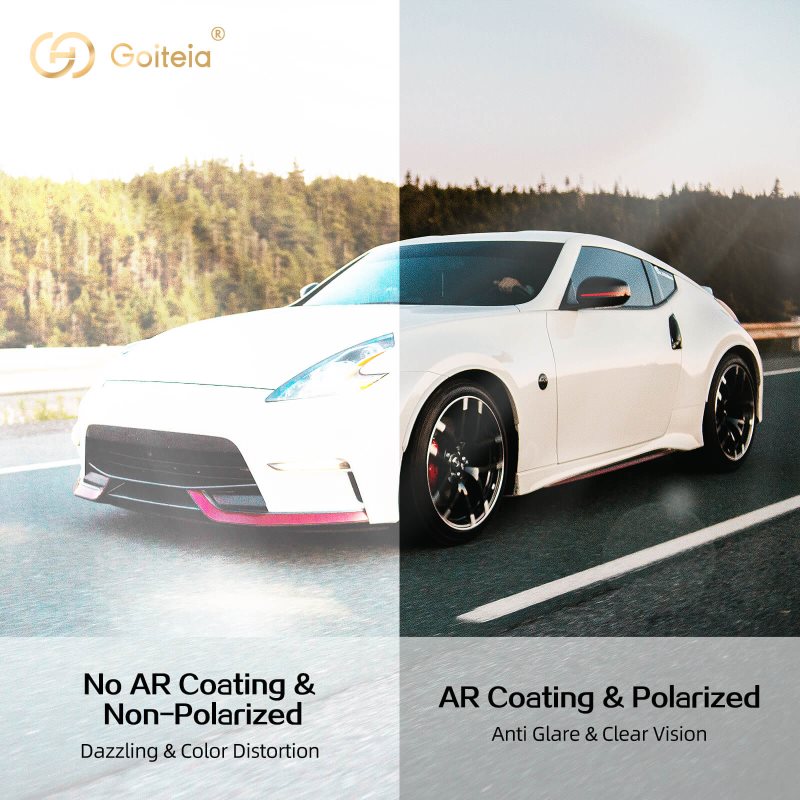
Frame Durability
Sturdy Materials: Choose frames made from durable materials like stainless steel or impact-resistant plastic. These materials can withstand daily wear and tear.
Style and Functionality: Consider frames that suit your lifestyle. Wraparound frames offer more coverage for sports or outdoor activities, while classic styles are suitable for everyday wear.
How to Inspect: Look for frames that feel solid and well-built. Test the frame’s flexibility and check for any signs of weakness or poor construction.
Conclusion
Choosing the right UV light protection glasses is crucial for maintaining your eye health and comfort. By understanding the benefits of UV protection, knowing how to select the best glasses, and being aware of common misconceptions, you can make an informed decision that fits your needs. Whether you’re looking for budget-friendly options or premium features, there are effective solutions available to keep your eyes safe from harmful UV rays.
FAQs
What does UV400 mean on sunglasses?
UV400 indicates that the glasses block 100% of UVA and UVB rays, providing complete protection from harmful UV radiation.
Are polarized lenses better for UV protection?
Polarized lenses reduce glare but do not automatically offer UV protection. Ensure that the lenses also have UV-blocking capabilities for complete protection.
Can I use my regular sunglasses for UV protection?
Not all sunglasses provide UV protection. Check the label for UV400 protection to ensure your glasses block harmful UV rays.
How often should I replace my UV protection glasses?
Replace your glasses if they are scratched, damaged, or if you notice a decrease in their protective effectiveness. Regular replacement helps maintain optimal UV protection.
Do computer glasses offer UV protection?
Many computer glasses for men and women include UV protection. They are designed to reduce glare from screens while also protecting against UV rays, making them a versatile option for both indoor and outdoor use.


